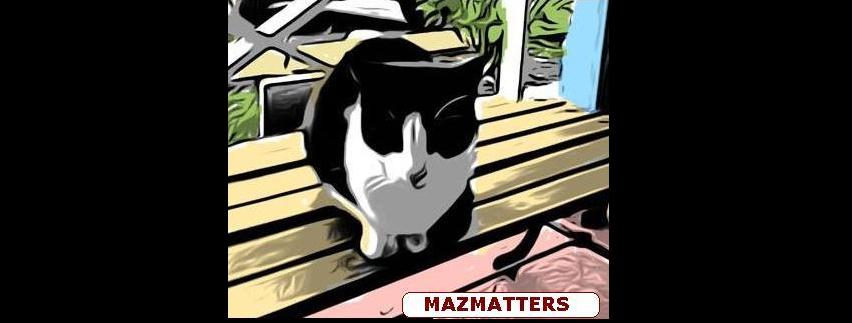The effects of modern technology on traditional professions like the law continues to be a topic of wide debate. In a speech for National Law Week Chief Justice Chris Kourakis South Australia's top judicial officer is reported by the ABC as saying that the traditional Court system "is struggling to keep up with technological change and that is hampering its effectiveness".
Further, in his speech, his Honour is quoted as saying "changes are needed to make the justice system more accessible to the public". One reform discussed in his Honours speech in this which has drawn much attention and puts technology into the spotlight is that of allowing journalists and media to use Twitter and Blogging technologies live from the court room during the hearing of cases.
His Honours speech refers to "the idea of journalists tweeting or filing stories from inside court rooms," saying . . . "[it] could become a reality in the near future, but not without restrictions". In his proposal, accredited reporters would be the only people allowed to broadcast information and tweeting would not be allowed to become "a running commentary".
An example of the controls which could be imposed given by his Honour is delaying tweeting of information to control what is reported, to cover evidence given which for legitimate reasons may need to be suppressed or corrected before its publication.
Currently the use of the Twitter techology to allow accredited journalists to file stories while in court is allowed in New South Wales, Victoria and in the United Kingdom and is likely to spread further, as the right parameters and practises are established.
In other areas of the law, Twitter is already coming in to wider usage as well, for example, if on any sitting day of the Australian Parliament you searched the hash tag #qt you'd see an online stream of thoughts, comments and reaction by observers, mostly journalists, and even the participant politicians themselves, during question time.
In the view of legal practice in SA, the Law Society can see both advantages and disadvantages to live Tweeting - its spokesman quoted as saying:
"Live Tweeting would have its challenges, but equally it's very important for the community at large to understand what happens in our courts."
Wider issues discussed by his Honour with respect to technology in his address, were the desire to see more court documents filed electronically, saving time and money; and extending the use of audio and visual technology during trials, "but not going as far as broadcasting trials .
Sources:
